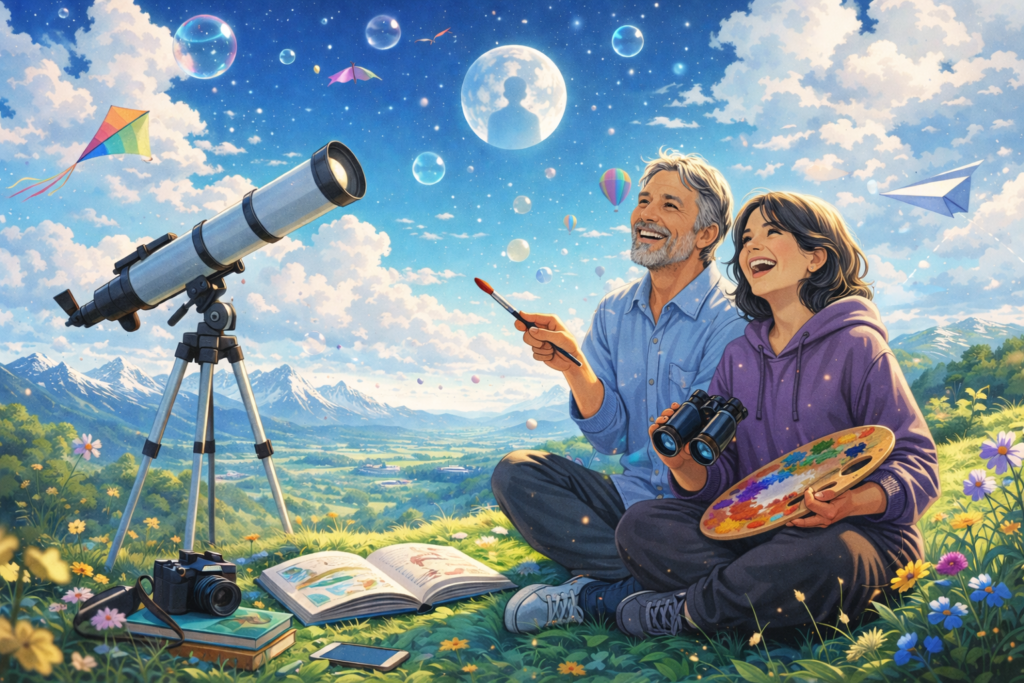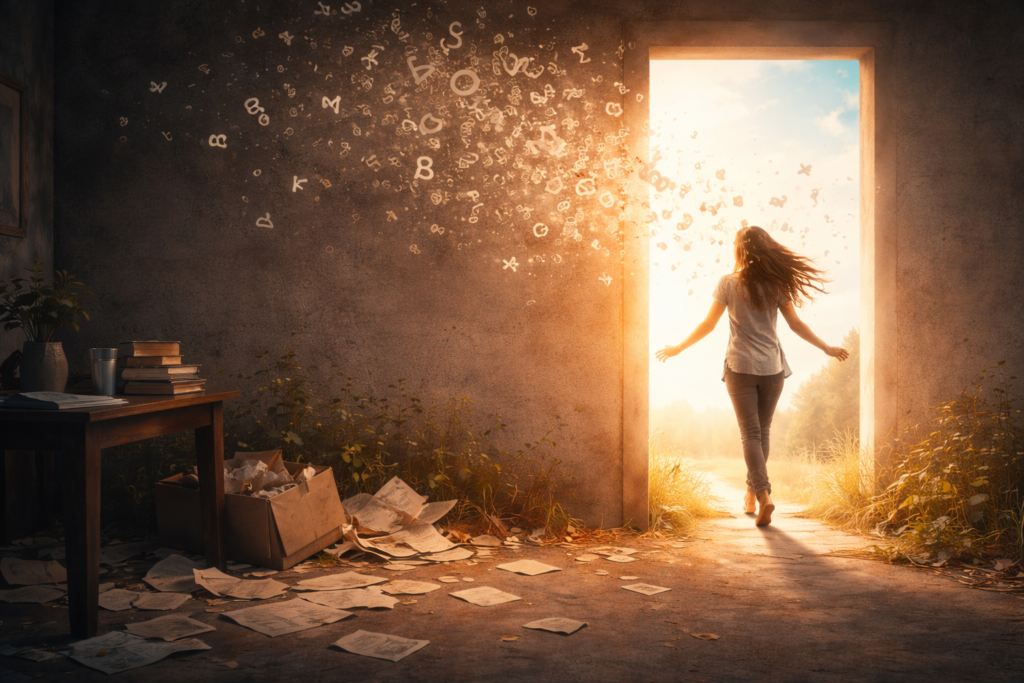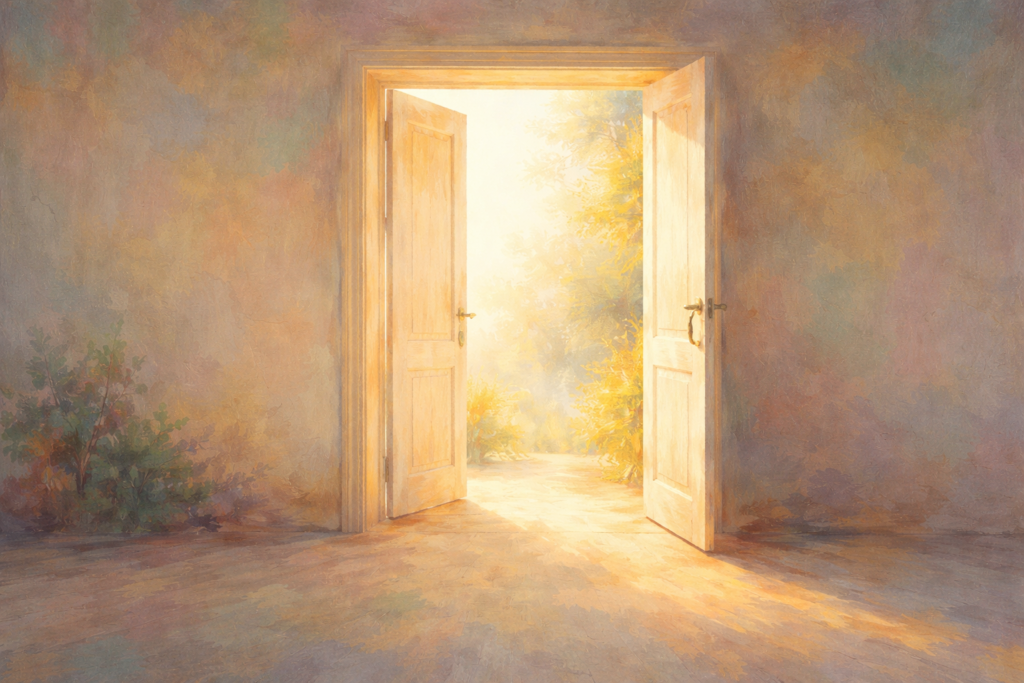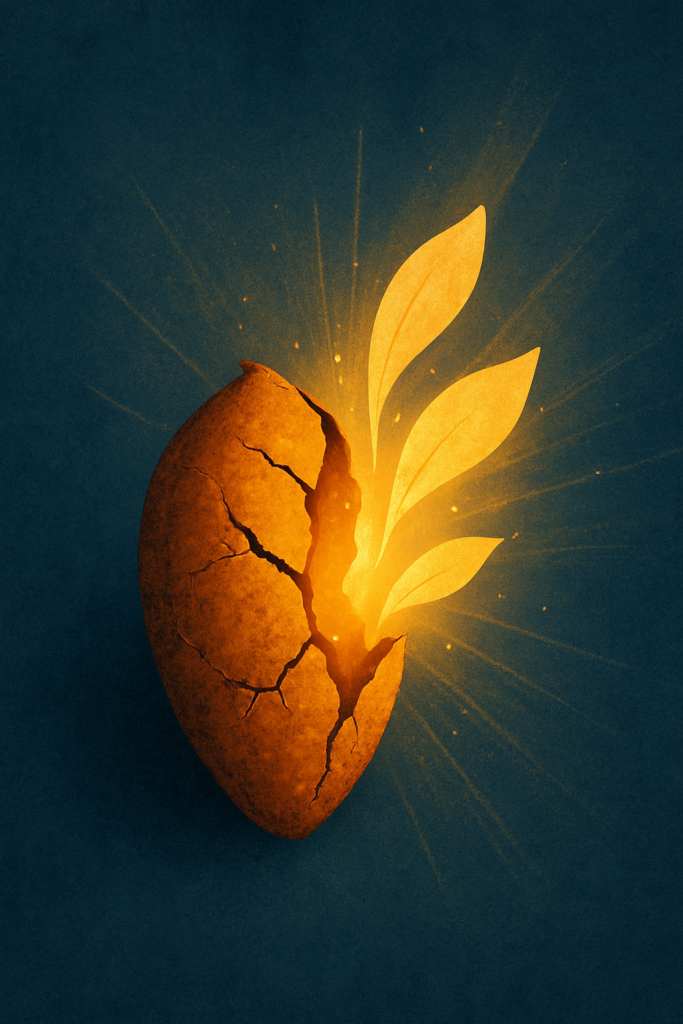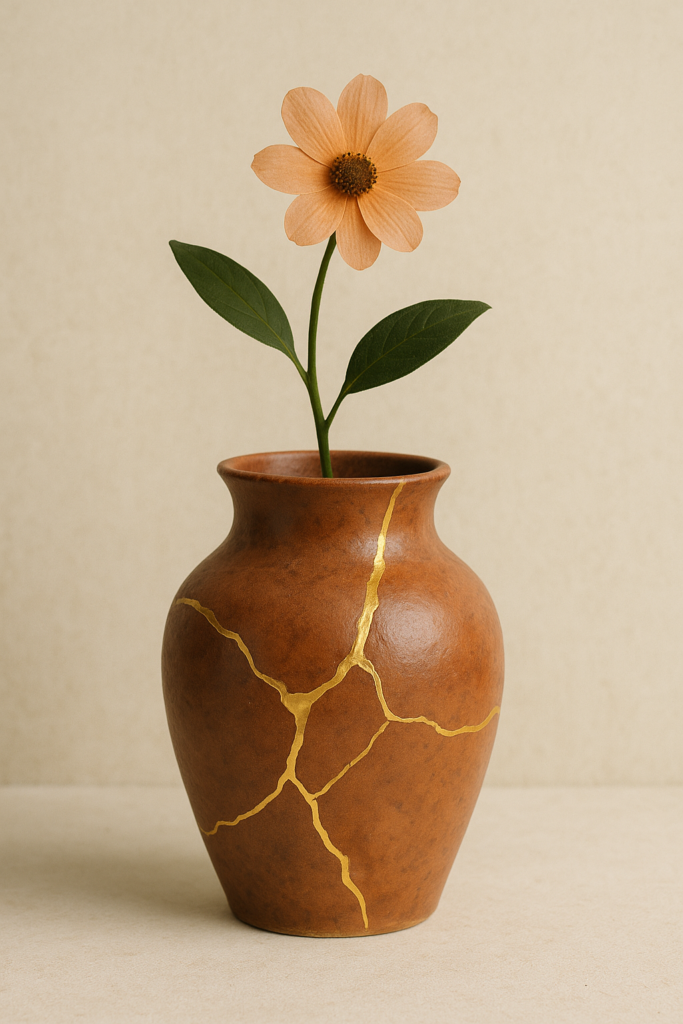“He who knows that enough is enough will always have enough.”
Lao Tzu
Scarcity breeds two fears: the fear of never having abundance again and the fear of losing what little you already have.
There is a Taoist saying, “He who hoards much, loses much”—be it worry or money, I would say.
This isn’t a note from a financial maestro advising you how to save or spend, but a reflection from someone who believes in thriving mentally, despite the economy we’re living in.
The fear of abundance means expecting never to find wealth, health, time, or love again, whatever you once lacked.
This fear can appear as the urge to clutch tightly what you have, no matter how little or much that is, and sometimes it shouts through a vulgar display of excess, stretching your own limits until it backfires.
The wound that never heals
This scarcity mindset may be either first-generation or multigenerational. It may have begun after an earthquake that you, or perhaps your grandfather, survived. It could be because of a major event that you or your family went through, something that’s long over, yet still vivid in memory.
Scarcity trauma can also exist at the community level, even within religion. It may be local or far larger than you think, depending on how many people lived through that catastrophe.
For example, the trauma of Partition or war is multigenerational and shared across vast regions. It changed people once and for many generations after.
Sometimes the trauma is not because of any major catastrophe, but as the elder child you were told never to spend a lot, curb your wishes because your father did not make much. You were taught to give up on your wishes because that meant good for the family. You were forced to grow beyond your age.
Whether that trauma makes you a spendthrift or a tight-fisted person depends on various factors. You may follow the YOLO (“you only live once”) approach or save for the rainy days, sometimes even for your 7th generation.
The point is, no matter which approach you follow, both are extremes.
Easier said than done, yes, but if you notice that you’re unhappy either way, whether as a super saver or a super spender, then you’re suffering. You are either always living for the moment or always waiting for the “big day” to enjoy, a day that is not coming anytime soon.
The brain can’t feel what it never did
You lash out at your family over a small purchase, fearing the loss of all you have. You lose sleep thinking about that catastrophic event recurring. You try to control every decision, yours and others’ to never “let go.” You might hide financial details, or you may have developed a sharp temper.
On the other side, the over-spender spoils everyone or only themselves selfishly, like a revenge on the older times. They buy a fancy phone because they never had one but deny their family the abundance, fearing that generosity will invite more demands, which will ‘spoil’ them.
Some buy endlessly for others, mistaking spending for love, raising a family that doesn’t understand money or its meaning. One wound endured while another wound created.
Whether you hoard or overspend, you’ve likely become friends with the “not feeling happy” way of life.
And while you are unhappy, remember that those who depend on you, live with you, or love you are unhappy with you too.
Is this pain real or is your brain still defending you?
No one is denying your pain! It happened; it surely did! But what you do with your life now matters just as much.
One reality is that the traumatic event happened, that phase you had to endure. Another reality is that you are doing well today. You have someone you can care for today. And even if it isn’t someone else, it’s you whom you can care for, in a healthy way.
I’m not asking people to go big or go small, neither to save it all nor to spend it all. I’m asking for objectivity.
Reconsider how you manage your finances:
Is there a heavy feeling of fear, shame, guilt, or regret behind it?
Is it fair to put yourself through this pain?
Is it fair to deprive those who depend on you or to never teach them how to handle money with balance?
Neither too much nor too little—just the art of balance.
Living in circles
Ask yourself: Is living in the future or the past worth wasting your present?
People living with the fear of scarcity often forget that the brain remembers not only the past but also the present. The life you’re living now is being inscribed in memory every day, telling your brain how safe or unsafe you are.
Many people say, “I’ll save up for that big vacation,” and wait ten years before doing any other thing to make themselves happy. And finally, it happens.
But what also happens is the void that follows.
The happiness lasted only until the dream became real. And when the time to enjoy came that vacation, they couldn’t. They were never used to enjoying anything, not even a simple visit to an ice cream parlor.
The dopamine of waiting faded once they arrived. But the other chemicals of happiness, the ones that make you feel joy and relaxation, did not flow, because they were never did. The body doesn’t feel safe enough to relax and experience happiness.
Overwhelmed by emotions, they might cry, fight, freeze, or leave, not because they don’t want joy, but because they no longer know how to handle it.
The tyranny of right moment that you missed
Sometimes it’s the age, the situation, or the people you are, or aren’t with.
This is when you should realize that certain things make sense only when done at the right time. No amount of money or power can recreate the happiness that needed the right moment and the right people.
A trip at 21 to an abandoned fort with your friends, funded by pocket money, feels entirely different from a trip at 40 with colleagues to a five-star hotel in a premium city. It might look great on social media, but it does little for your soul.
The small Saturday ritual of going on a long drive with your family, eating your favorite snacks, and listening to music will do far more for your nervous system than waiting until 50 to travel to New York with kids who have grown up and grown apart.
Nobody can enjoy life as a family that never learned to enjoy together.
It’s not the destination, it’s the objective, the process, the practice for the big thing that matters more.
Imagine out of fear, despite being able to afford more, you always wore inexpensive clothes or ate only at cheap places. What happens when you finally wear a beautifu expensivel outfit or are invited to a Michelin-starred restaurant? In both cases, you’ll feel out of place.
Out of shame, you might fidget and eat nervously. Or, trying to overcompensate, you might flaunt your money and behave as if you don’t belong there. You will feel like an imposter.
Either way, you’ll look like someone unaccustomed to this, not just outwardly, but inwardly.
The point isn’t appearance; it’s your ability to genuinely enjoy what you always wished for.
We can live, a little everyday!
That’s why you should stretch a little, in terms of both time and money, for yourself and for your family and friends.
Keep yourself accustomed to being happy. So even if you never reach your final goal, you’ll have enjoyed the process so much that it won’t matter anymore. And if you do reach it, you’ll enjoy it even more, it will feel truly worth it.
So live a little every day. Eat that fancy ice cream. Buy that nice watch. Take a day trip to a resort. Get a comfortable chair for your work desk. Hang good curtains in your room.
Do one good thing every few months that feels slightly out of your budget, just to remind yourself that you can make it.
Spoil your family a little. Tell them, “We have enough, and we’ll have more, but we’ll enjoy what we have, even if we don’t.”
Don’t mock those who spend or those who don’t. Stay true to what you can and can’t do. Don’t become a crybaby of jealousy or insecurity.
And finally
Tell your brain: All is well. All will be well.
You are allowed to be happy right now, with whatever you have.
There is no fixed criterion for happiness, only a mindset.
And if the heaviness returns, remind it gently that,
You’re strong enough to handle it. You can make it work.
Trust the process, and keep going.
And this makes me think of Philip Doddridge when he said,
“Let us live while we live.”
